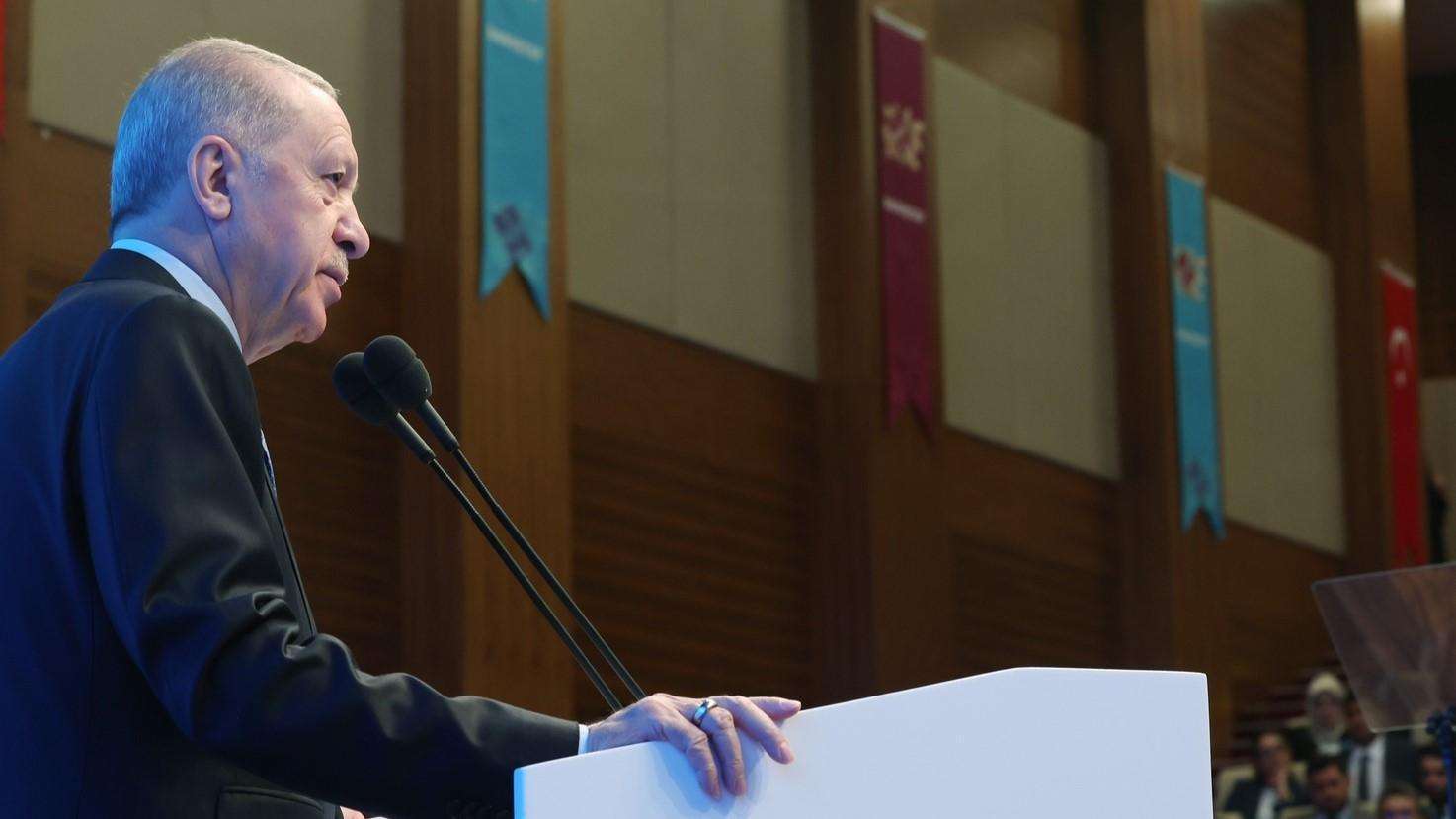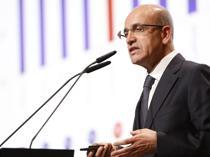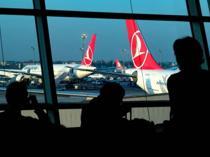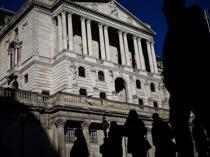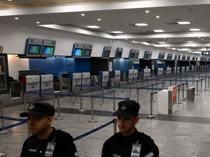Turkey rate rise shows responsiveness, risks remain
LONDON – Reuters

DAILY NEWS Photo, Emrah Gürel
Rating agency Fitch said the Turkish Central Bank’s recent rate hike decision shows responsiveness of the policymakers, but warned of persistent vulnerabilities of the Turkish economy which are still tolerable regarding its current “investable” grade.“The increase in the Central Bank of Turkey’s overnight lending rate signals the Turkish authorities’ greater readiness to address the risks presented by currency weakness, high inflation, and falling capital inflows,” Fitch Ratings says in a statement it released on July 25.
However, the statement also said, the country “is still vulnerable to shifts in market sentiment, its external finances remain a key sovereign rating weakness, and balancing growth, price and exchange rate stability.”
In a bid to fight falls in local currency the Turkish Lira, the Central Bank raised on July 23 its overnight lending rate by 75 basis points to 7.25 percent, while keeping the one-week repo rate unchanged.
Fitch welcomed the bank’s move that came as a reaction to capital outflows that have knocked the lira down as much as 9 percent against the dollar over the past few months, saying it helped to rebalance the economy under challenging conditions.
Before taking the rate hike decision, the Central Bank tried to defend the lira by organizing high amounts of foreign exchange auctions which Fitch described as an unsustainable move, citing low international liquidity and insufficient stock of forex reserves.
“We estimate that reserves may have dropped from a peak of $114 billion (excluding gold) in April to around $100 billion in mid-July, reflecting both central bank intervention and portfolio capital outflows,” it said.
However it asserted the sharp drop in net capital inflows, currency depreciation, and fall in international reserves remain within the tolerance of Turkey’s ‘BBB-’ rating.
The statement also noted the bank sacrificed “hitting the inflation target of 5 percent, suggesting that up until recently supporting growth may have taken priority over price stability.”



